The physicians of the TV show The Doctors explain the best (and worst) ways to fight your cold naturally.
Natural Cold Remedies: What Works, What Doesn’t
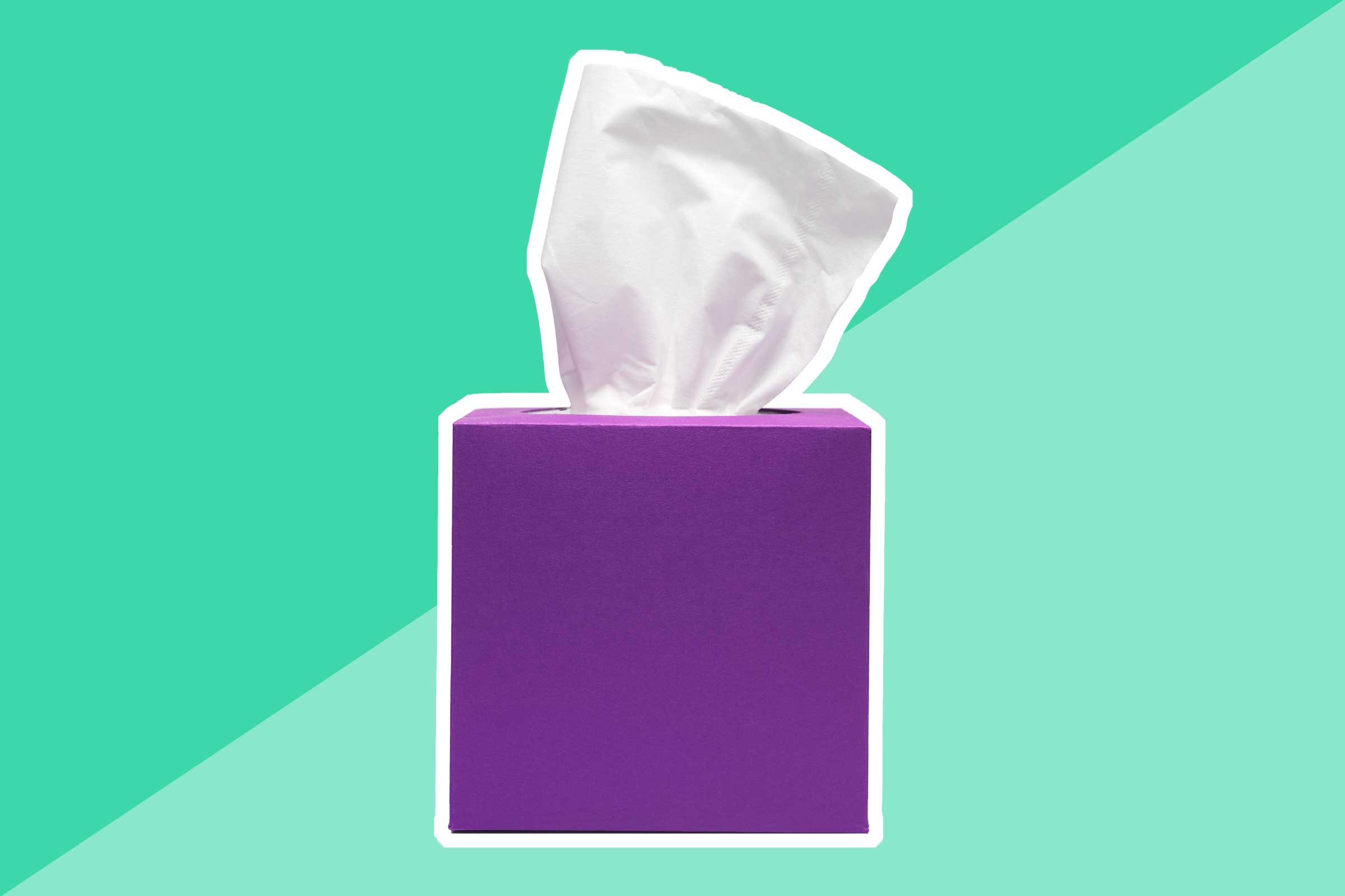
Which natural cold remedies help you feel better?
There is no cure for the common cold. Some natural cold treatments may relieve symptoms or slightly shorten the length of your illness, and some healthy habits may reduce your risk of getting a cold in the first place, but there’s no silver bullet. But since many of our patients experiment with natural cold remedies anyway, we combed the latest studies for the best sniffle soothers.
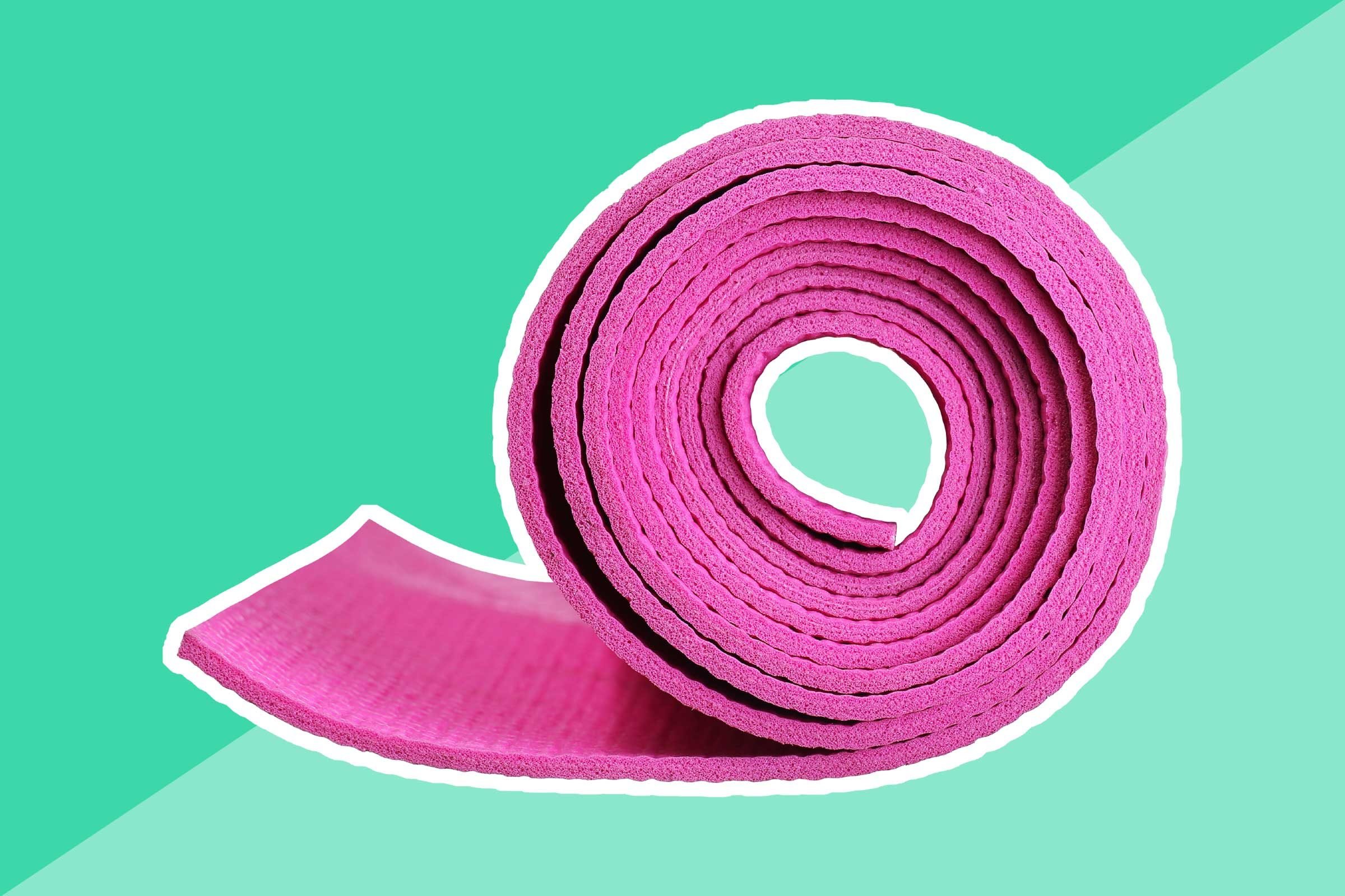
Meditation
Does it work? Adults who participated in mindfulness meditation for eight weeks had fewer colds compared with a control group, a PLOS One study found. Downside? Too busy feeling Zen to report any issues.
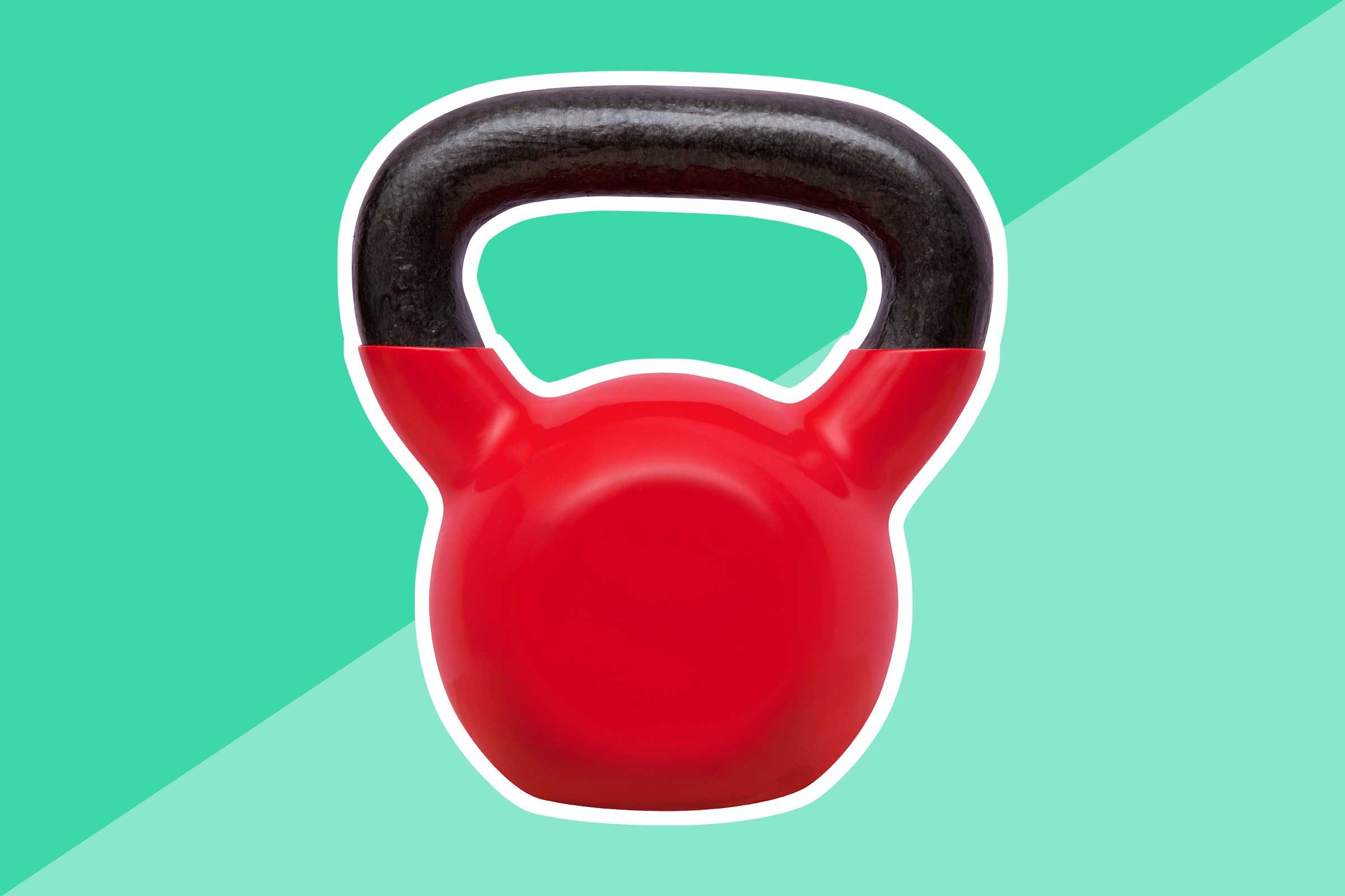
Exercise
Does it work? The same PLOS One study found that people who began a moderately intense exercise program also had fewer colds than a control group. Downside? Take care not to overexert yourself while you have symptoms like a cough, and then take care to use these natural cough remedies.
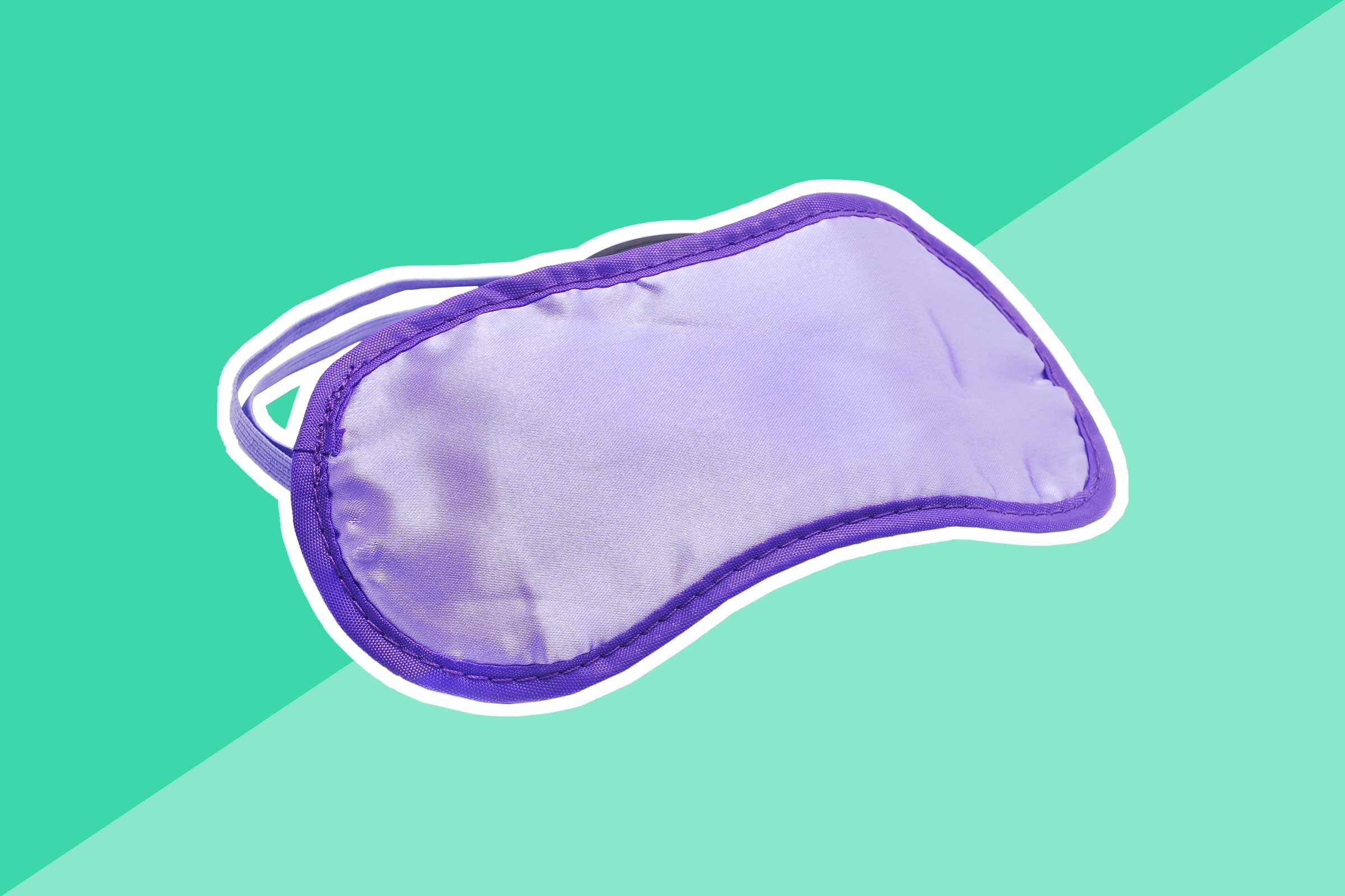
Sleep
Does it work? People who got five hours of sleep or less a night were 28 percent more likely to report that they suffered from a head or chest cold during the past month compared to those who got seven or eight hours, per research in JAMA Internal Medicine. Downside? None—head to bed, and sleep tight.
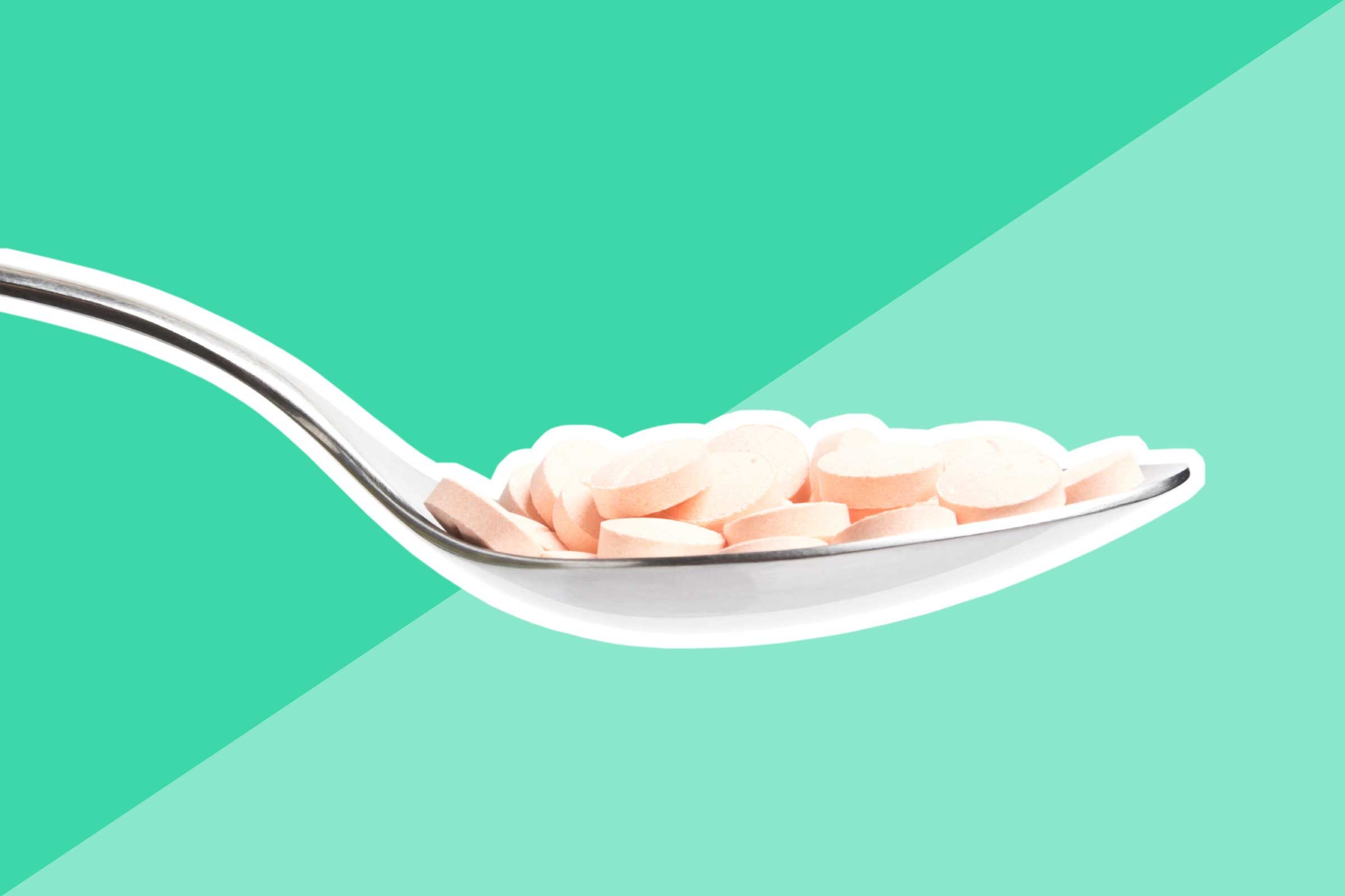
Zinc
Does it work? Worth a try. This mineral could shorten illness by one-third (it may stop the virus from replicating), according to a 2017 review of seven trials. Downside? Lozenges may leave a bad taste or cause nausea. Avoid nasal sprays, which can damage your sense of smell. Here’s more about using zinc to treat a cold.
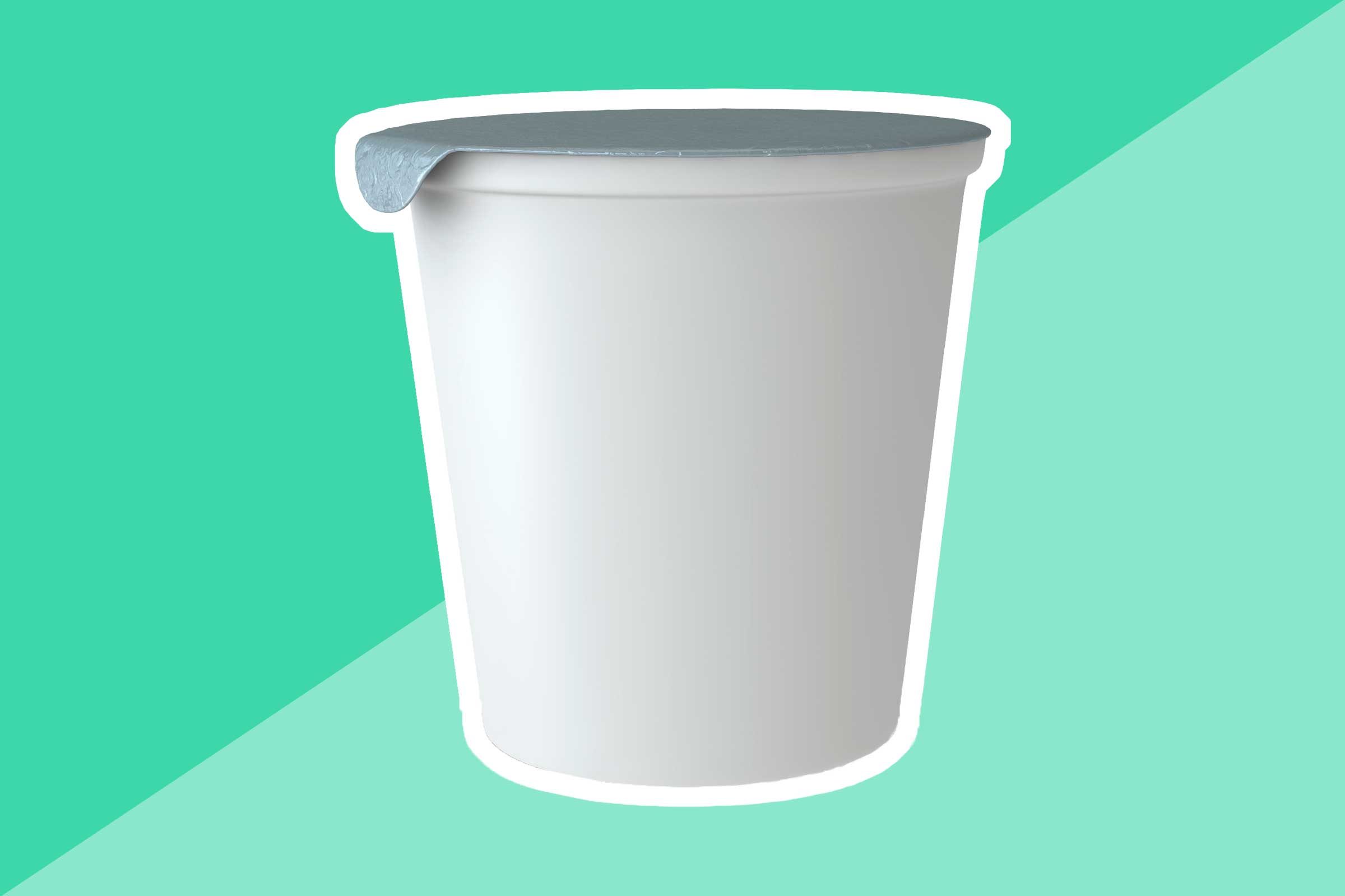
Probiotics
Does it work? Not our favorite natural cold remedy, but they may prevent colds. A 2015 Cochrane Review analysis of 13 randomized controlled trials found probiotics decreased the number of people who experienced upper respiratory tract infections by 47 percent and they were sick for about two fewer days compared to placebo. But many studies are poor quality. Downside? They may cause bloating at first. Strains vary, but some studies used those in OTC brands, such as Lactobacillus.
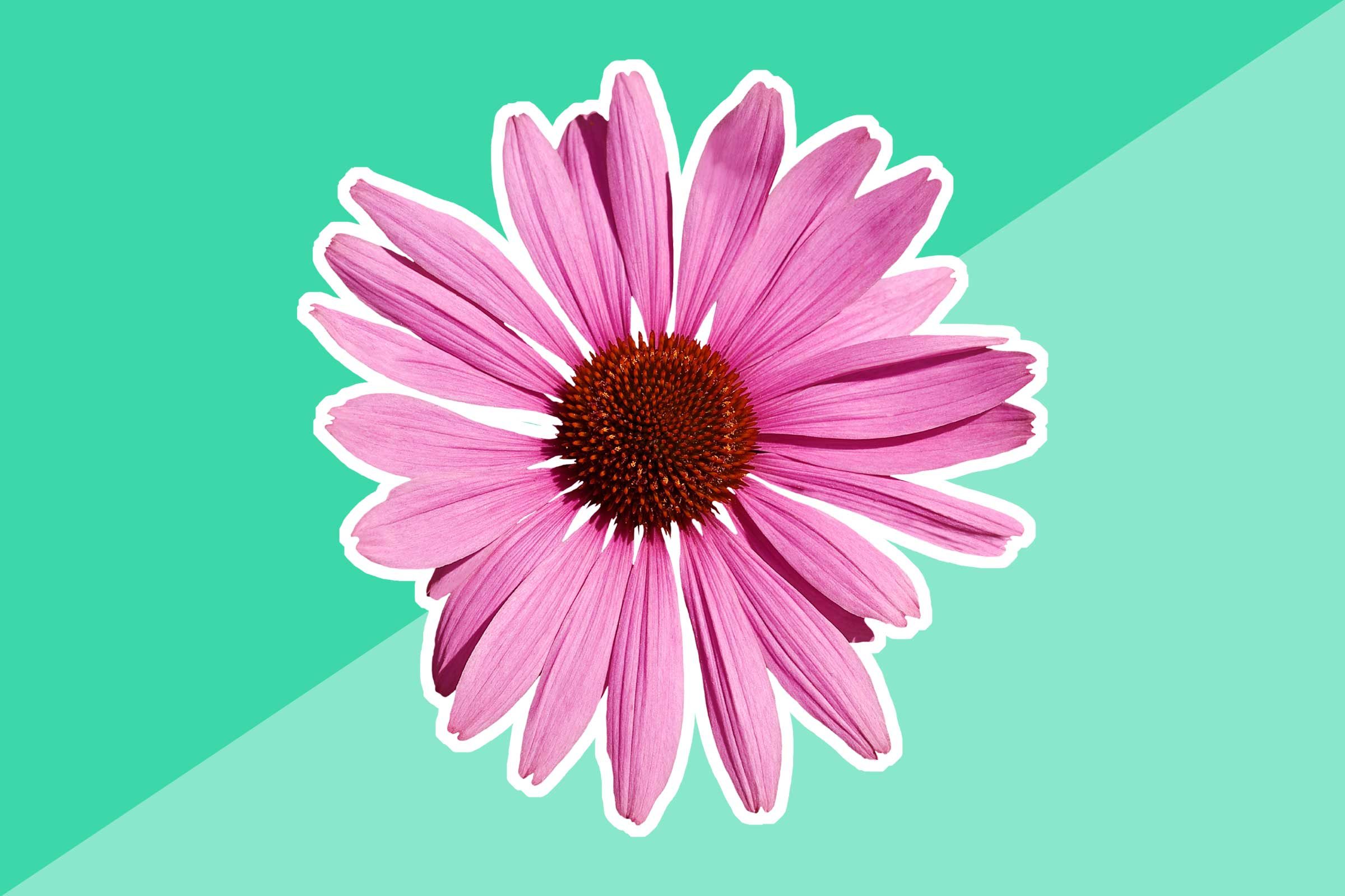
Echinacea
Does it work? Most evidence suggests it’s not useful, but some experts still recommend it. A 2014 review of 24 trials found that echinacea shortened colds more than a placebo, but evidence wasn’t strong. Downside? Studies use various preparations, plant parts, and species, so results are hard to generalize. Side effects aren’t common, but check with your doctor if you’re allergic to plants in the daisy family (including ragweed).
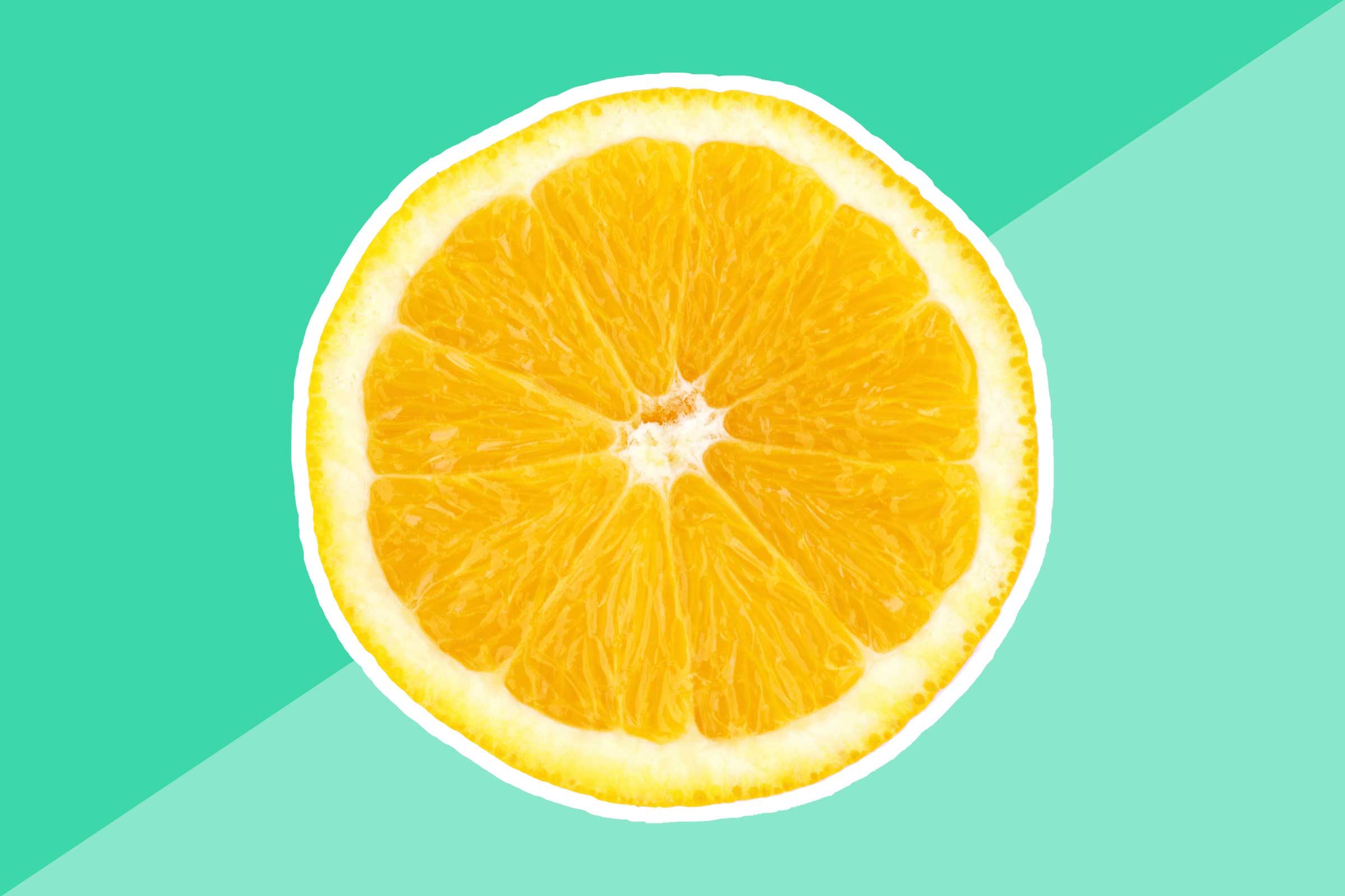
Vitamin C
Does it work? Pass. Maybe the most studied of the bunch, vitamin C falls short of the mark—for most people. In a 2017 review of 46 trials, it did not have an effect on cold incidence or duration across the board. However, one trial found that large doses (over 8 grams) taken on the first day of symptoms reduced the length of the cold by 19 percent. Downside? Expensive urine. The studies didn’t find risks, although megadoses can cause stomach upset and possibly kidney stones if you’re prone.
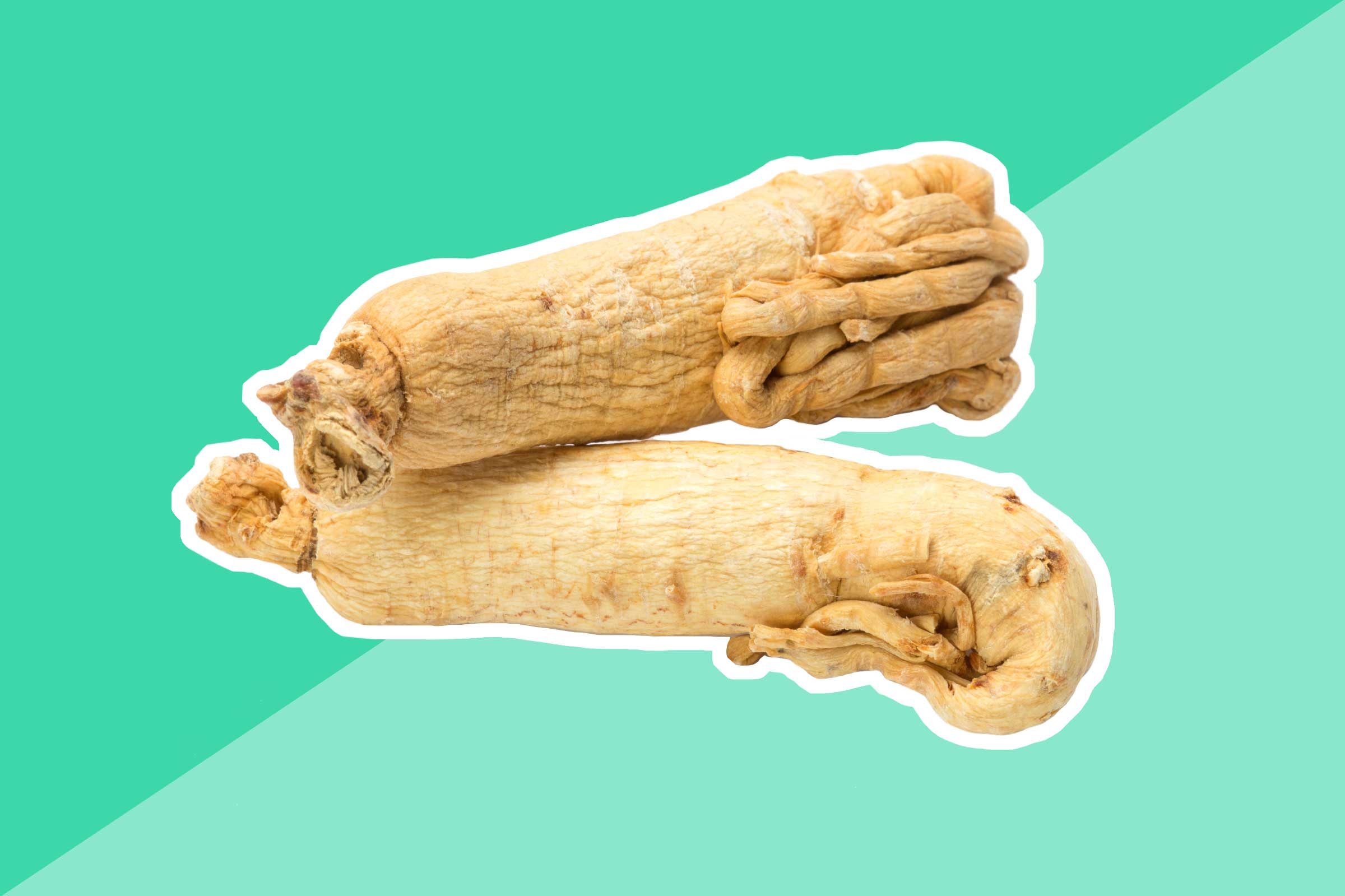
Ginseng
Does it work? Skip it. Some trials have found that taking ginseng preventively shortened the duration of colds, but experts question how well the studies were done and worry about inconsistent results. Downside? It’s generally safe, but it might lower blood sugar (a concern for people with diabetes). In high doses, it can cause headaches and insomnia. Start counting down: here’s how long the common cold lasts.


















